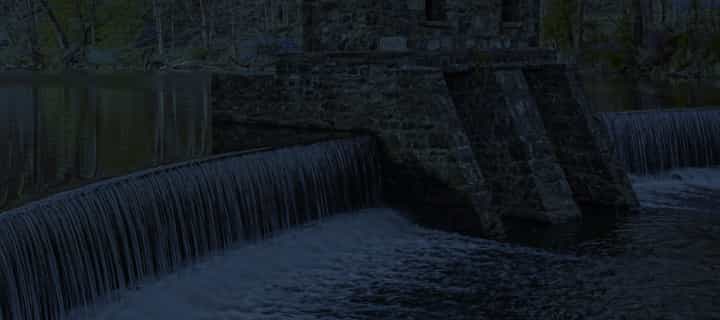Negligence in Cherry Hill Slip and Fall Cases
Request a Free ConsultationWhile suffering an injury from a slip and fall can be a stressful experience, know that you do not have to face it alone. A skilled lawyer could help you prove negligence in a Cherry Hill slip and fall case and act as an aggressive advocate for your right to compensation. Read on to learn more about how a slip and fall attorney could assist in identifying liable parties and holding them accountable.
How Does Notice Impact Liability in Cherry Hill Trip and Spill Cases?
After an injured person successfully establishes that a dangerous property condition was the cause of their trip and fall accident, they must then prove whether the defendant had notice of that hazard — either actual or constructive. If it cannot be proven that the defendant had notice of the property condition that caused the falling incident, they may not be held liable for the injured person’s damages.
In the case of an actual notice, the negligent party saw the dangerous condition, knew about it, and did not do anything. On the other hand, constructive notice means the negligent party should have known of this dangerous condition if had they done reasonable inspections, and there was a reason for them to have known. An example of constructive notice would be a property owner’s knowledge of a slope in the parking lot where the ice always freezes based on the way that the parking lot is designed. Even though they may not know that there was ice there at that particular time, they know from prior history that ice usually forms in that particular area.
Comparative Negligence in Cherry Hill Slip and Fall Cases
In slip and fall cases, even if there were a dangerous condition and the defendant had notice of it, there are times where juries may find that the individual who fell shared in some of the responsibility. In Cherry Hill, as long as the injured party’s comparative negligence does not exceed 50 percent, then they still entitled to recover their losses from the property owner. Compensation may be awarded even if that individual was considered to be 50 percent at fault for their own injuries.
Whatever the damages were, it would be reduced by 50 percent, or whatever amount of comparative negligence was attributed to the plaintiff. If the individual was found to be more than 50 percent at fault, they would be barred from making a recovery. The argument is that an individual should be watching where they are walking or should have known that there was ice in the parking lot, for example. This can reduce the amount of damages awarded, because the percentage gets directly taken off of the plaintiff’s compensation.
When a Landlord is Liable for Criminal Conduct of Third Parties on their Premises
A landlord is considered a commercial property owner. When they are deriving a profit from that particular property, it is an income property. Landlords still owe the same duty of care that a normal commercial property would owe. If there was criminal conduct of third parties on the premises and someone was injured, certain things would need to be proven for that landlord to be liable. Most importantly, it is going to come down to notice.
Did the landlord have notice that this criminal conduct was being conducted on their property? Did they have a reason to believe that it was happening? Would a reasonable individual feel that this criminal conduct could result in injury to the other tenants on that property? Answers to these questions can be found with the assistance of a professional Cherry Hill attorney.
If you have been injured due to an at-fault property owner, reach out to a lawyer experienced in proving negligence in Cherry Hill slip and fall cases today.
